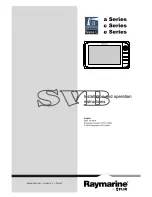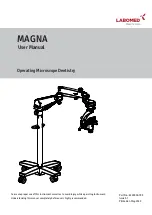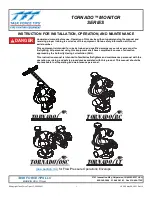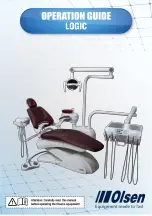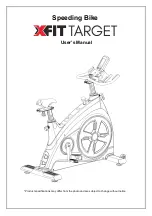
13
CHEMICALS
To maximise the service life of a product/equipment, maintenance - and not least preventive
maintenance - is important, and this is largely what greases and oils do. Carefully read the operating
manuals for your new products or equipment to ensure correct maintenance and service life and
that the warranty remains valid!
Lubricating greases
First aid measures.
Inhalation
- In the event of unintended inhalation of fumes, move the injured person into fresh air.
Skin contact
- Wash with soap and water. Contact a doctor in the event of eczema or skin complaints.
Eye contact
- Remove contact lenses, if any, before rinsing. Rinse thoroughly with large amounts of
water, including under the eyelids. Contact a doctor if discomfort remains.
Ingestion
- DO NOT induce vomiting. Drink water in small quantities. In the event of ingestion or
discomfort, contact the poison information service or a doctor.
Hand protection
- Wear protective gloves.
Eye protection
- Avoid contact with eyes. Wear approved protective goggles.
Body protection
- Suitable protective clothing.
Respiratory protection
- No protection is necessary during normal handling.
Greases should be stored well-sealed in a cool place in a well-ventilated area. Storage temperature
must not exceed 45°C. Keep away from heat, flames and sparks. The function and strength of
materials such as steel, plastic, oils, grease etc. deteriorates considerably at very low temperatures
(-20 to -30°C).
Degreasing
To ensure the best lubricating effect, you need to clean parts of the product or equipment from time
to time. We recommend degreasing to achieve thorough cleaning and to remove all residues of old
lubricant, which may contain destructive particles.
Keep chemicals out of the reach of children and animals.






























